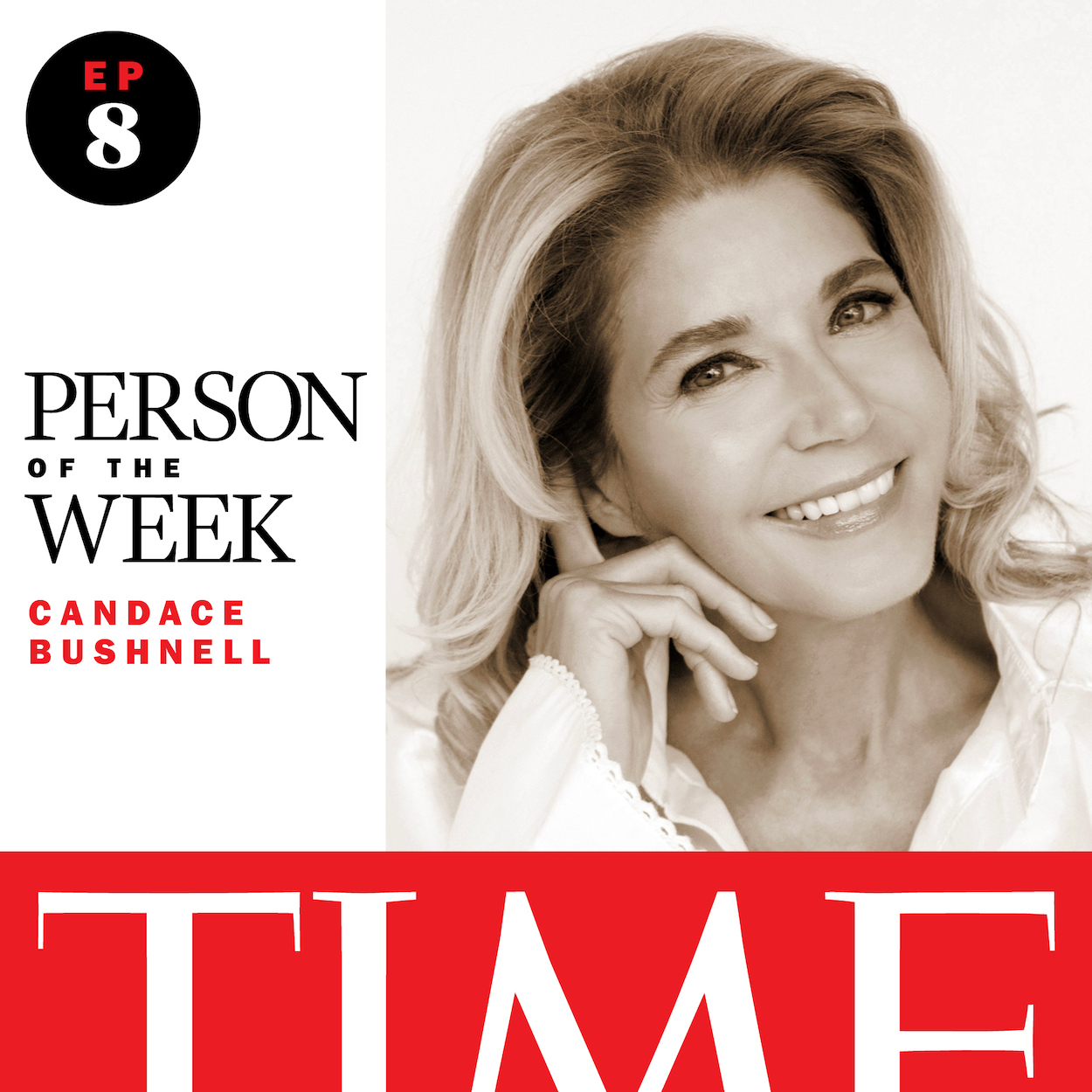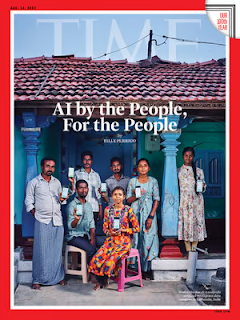Why Candace Bushnell Regrets Thinking So Much About Relationships
Candace Bushnell is the real Carrie Bradshaw. Her life became the column that became the book that became the hit series, Sex and the City—and inspired all the spinoffs that followed, including And Just Like That, which is now in its second season.
Bushnell’s voice made Sex and the City a cultural phenomenon, and shaped how generations of women think about friendship, fashion, and—yes—sex.
But her career didn’t start with Sex and the City, and it certainly didn’t end there. She’s written 10 books, executive produced two TV shows, and has recently written her own one-woman show, called “True Tales of Sex, Success, and Sex and the City.”
By exploring the complex dynamics of sex and power for the better part of 40 years, Bushnell has shifted cultural attitudes about what it means to be a modern woman. Her work fundamentally changed how women see themselves and gave us all a new vision of feminism. For me, when I was growing up in the early 2000s, Charlotte, Miranda, Samantha and Carrie seemed like the four avatars of adult womanhood. And thanks to Bushnell, everyone wanted to be Carrie.
Tune in every Thursday, and join us as we continue to explore the minds that shape our world. You can listen to the full episode in the player above, but here are a handful of excerpts from our conversation:
On coming of age at a time of blatant sexism:
It’s changed a huge amount, but in the 60s, it was in your face. I mean, you could not get away from the sexism. For me, feminism was really railing against the thought police… I broke free of it from the beginning. Just even the whole idea of dating and women owing men sexual favors and attention was just rampant.
As women, you’re not really supposed to have any sexuality or feelings of your own. That’s really what I write about: sex, money, power. And who has it, how it affects us, as women, in terms of what we can do, who we think that we are, all of it.
On how New York has changed since the city she wrote about in the original Sex and the City:
There were people on the sidewalks handing out flyers like, ‘come to this party.’ I don’t know if you ever saw After Hours with Griffin Dunn. It was literally like that. You would go out, you would go to a party, you would meet other people, you would go to another party. It was very free flowing. New York was Manhattan then. Everybody was on that tiny island and in a pretty small space.
I used to model in punk fashion shows. And I met people that way, somebody would say like, ‘Hey, let’s go to Studio.’ And you’d go to Studio 54 and then there was this after club called the Mud Club and Sting was there. At that time, famous people were not walled off by bodyguards, because it was all so new. So you really were in close proximity to very accomplished people, which now almost seems impossible to do.
On how her life would be different if she was starting out in the 2020s instead of the 1980s:
I probably wouldn’t have worked for women’s magazines. I would have written for the New York Times or TIME magazine. I probably would have pursued other things in my career. I might’ve pursued working in TV.
For me, one of my regrets is that I feel like I spent too much time in my twenties worrying about relationships. I wish that I had spent more time really pursuing a career. New York was a place where you did see successful women, but in general, the message was very much like, you know, have a career, but really be looking for a guy to marry who will support you because you know what? You can’t afford that million dollar apartment on your own as a woman because you don’t make the money.
You know, it was very difficult to survive as a woman in your 20s in New York City in the 80s.
This interview has been edited and condensed for clarity.


No comments:
Post a Comment